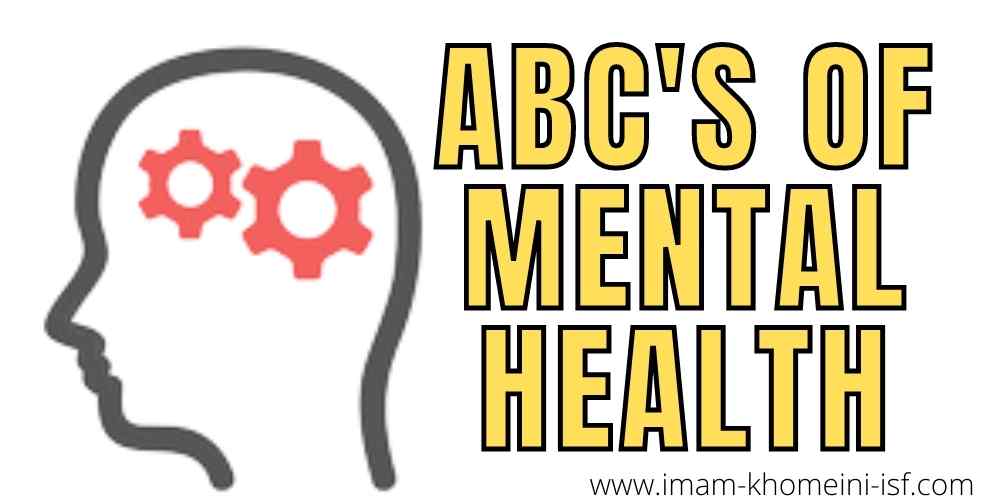Table of Contents
Health is the state of social, mental, and physical well-being. For a person to be healthy and live a longer life, they need to have the mental aspect of health. For centuries we have been focusing on only the physicality of health and declining the other two aspects. However, we need to understand that the situations around us and the things that happen in our daily life also harm our health- that is, mental health.
Mental health refers to cognitive, behavioral, and emotional well-being. It affects how we think, act and react. Mental health is interlinked to our physical and social health as well. Our environment, our social interactions, and the physical injuries or diseases all affect mental health.
Having excellent mental health is not self-care but self-parenting. It doesn’t mean that if one is not feeling well, they can skip days and days of work as a means of “self-care,” but it is to push yourself and be disciplined.

-
Acceptance –
Acceptance is the person’s consent to a situation’s reality, recognizing a problem or condition without attempting to change it or protest against it. It has a very profound effect on mental health. Accepting things lead to positive psychological and physical health, including higher levels of satisfaction and emotional well-being.
-
Boundaries-
Setting boundaries is an essential aspect of self-care. Setting boundaries is an essential aspect of establishing one’s identity. Boundaries can be physical or emotional, and they can range from being loose or rigid. Having boundaries means healthy connections.
-
Compassion-
Compassion means the ability to understand the other person’s emotional state. It means encompassing our emotional state and motivating us to help others and support them. It means to help ease other person’s problems.
-
Destigmatization-
stigma makes people ashamed of something that is out of their control. Worst of all, stigma limits people from seeking the help they need. There are various ways of reducing the stigma around us- openly talking about mental health, educating ourselves, and being conscious of our language.
-
Empathy-
It is the ability to understand, think, and process another person’s thoughts, animal, or fictional character. Developing empathy is crucial to understand relationships and to behave compassionately. It means experiencing and understanding other person’s point of view and keeping ours aside without any judgment.
-
Foster Friendships-
Friendships are the most beautiful relationships. Our friends can provide us with a supportive environment called our “safe space.” Friendships can often help us with our mental health issues and keep our social health intact, which helps pair mental health.

